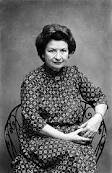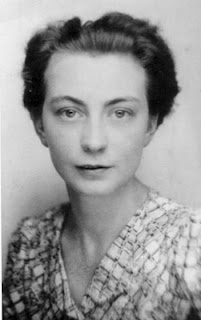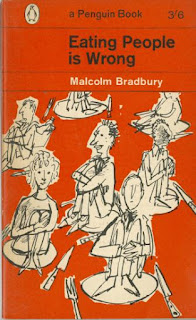Enigmatic
Kazuo Ishiguro is a very clever novelist. Where he excels is that he's able to draw the reader into the novel at an early stage, and sets it up in such a way that you feel quite confident in that you believe you know in which direction this novel is going to be heading. There's a wonderfully comfortable feel about his writing. Then there's a change in the narrative, and you suddenly realise that what you thought was happening is actually quite different, so he leads you down a new path only for you to have discovered by the end that there's been a complete paradigm shift in your interpretation of the novel.
He did this very cleverly in the previously reviewed Never let me go, in which a very alien environment is first portrayed as being a background that certainly any 40-something British person would feel quite happy in. He does this just as cleverly in his debut novel A pale view of hills.
The novel opens with a Japanese woman, Etsuko, now living in the UK, thinking back to a period of her life when she was in Nagasaki, pregnant with her first child. The reader soon learns that the child, Keiko, is now dead having committed suicide after an unhappy, solitary life. While pregnant with Keiko, Etsuko had become friends with Sachiko, who was having an affair with an American businessman, and her lonely little daughter, Mariko, who, as the reader becomes aware as the novel progresses, bears quite a resemblance to Etsuko's yet-to-be-born daughter Keiko.
When I first started to read this I thought it was going to be a fairly straightforward read about family, exile, loss, all that sort of thing. And then about halfway through I started to realise that it was not as straightforward as I'd initially thought - I began to wonder if it was a ghost story, a very useful vehicle for a narrative about loss. By the end I was pretty sure it wasn't a ghost story, but was more puzzled than ever. I'm still not sure now whether Mariko and Sachiko really existed, or if they were spirits of some description, or were projections of Etsuko and Keiko at another period of their lives, or even perhaps how Etsuko would like to have been, rather than how she actually was.
Either way it's a fascinating, thought-provoking short read. What a debut.
He did this very cleverly in the previously reviewed Never let me go, in which a very alien environment is first portrayed as being a background that certainly any 40-something British person would feel quite happy in. He does this just as cleverly in his debut novel A pale view of hills.
The novel opens with a Japanese woman, Etsuko, now living in the UK, thinking back to a period of her life when she was in Nagasaki, pregnant with her first child. The reader soon learns that the child, Keiko, is now dead having committed suicide after an unhappy, solitary life. While pregnant with Keiko, Etsuko had become friends with Sachiko, who was having an affair with an American businessman, and her lonely little daughter, Mariko, who, as the reader becomes aware as the novel progresses, bears quite a resemblance to Etsuko's yet-to-be-born daughter Keiko.
When I first started to read this I thought it was going to be a fairly straightforward read about family, exile, loss, all that sort of thing. And then about halfway through I started to realise that it was not as straightforward as I'd initially thought - I began to wonder if it was a ghost story, a very useful vehicle for a narrative about loss. By the end I was pretty sure it wasn't a ghost story, but was more puzzled than ever. I'm still not sure now whether Mariko and Sachiko really existed, or if they were spirits of some description, or were projections of Etsuko and Keiko at another period of their lives, or even perhaps how Etsuko would like to have been, rather than how she actually was.
Either way it's a fascinating, thought-provoking short read. What a debut.






.jpeg)




Comments